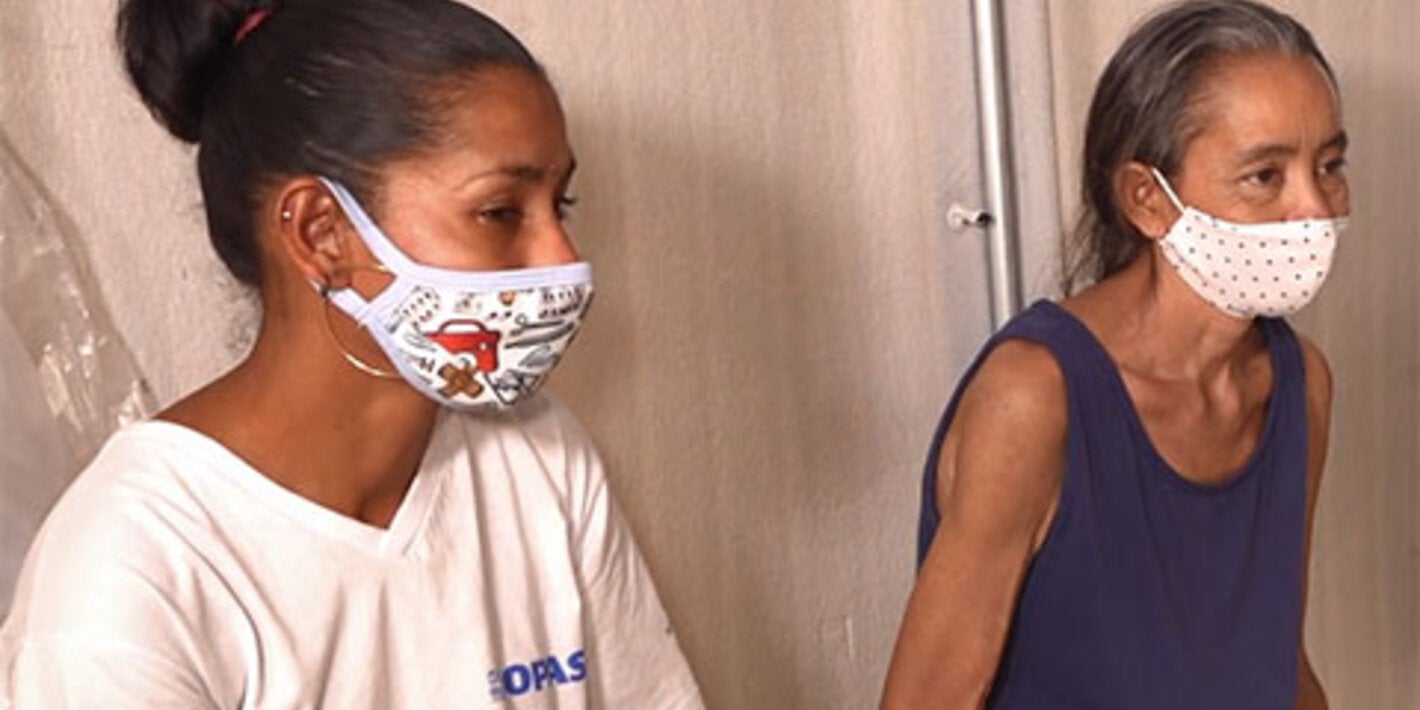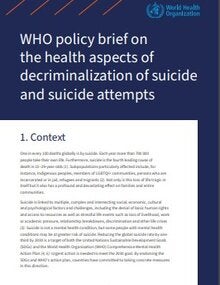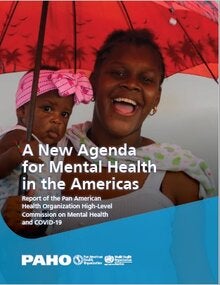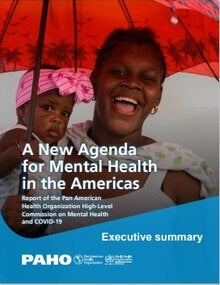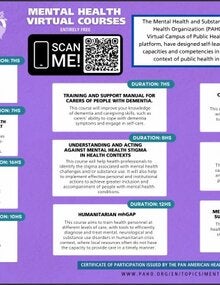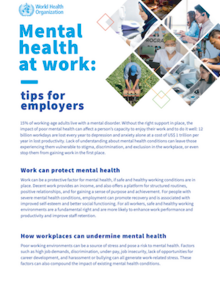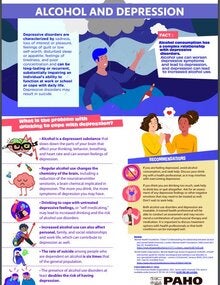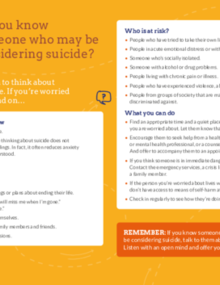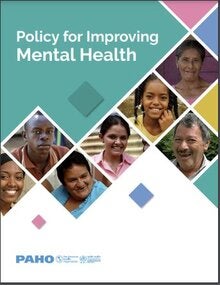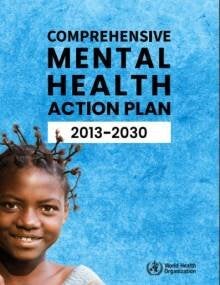Depression is a common but serious illness that interferes with daily life, the ability to work, sleep, study, eat, and enjoy life. Depression is caused by a combination of genetic, biological, environmental, and psychological factors.
Some genetics research indicates that risk for depression results from the influence of several genes acting together with environmental or other factors.
Some types of depression tend to run in families. However, depression can occur in people without family histories of depression too. People with depressive illnesses do not all experience the same symptoms. The severity, frequency, and duration of symptoms vary depending on the individual and his or her particular illness.
- Depression is an illness characterized by persistent sadness and a loss of interest in activities that you normally enjoy, accompanied by an inability to carry out daily activities, for at least two weeks.
- People with depression normally have several of the following: a loss of energy; a change in appetite; sleeping more or less; anxiety; reduced concentration; indecisiveness; restlessness; feelings of worthlessness, guilt, or hopelessness; and thoughts of self-harm or suicide.
- In terms of burden and prevalence, depression continues to be the leading cause of mental disorders and is twice as frequent in women as in men. From 10% to 15% of women in industrialized countries and from 20% to 40% of women in developing countries suffer from depression during pregnancy or the postpartum period.
- Experiencing and/or witnessing violence can negatively impact a person’s mental health and put them at greater risk for developing depression. Women who have experienced partner violence are almost twice as likely to experience depression compared to women who have not experienced any violence.
- Being exposed to violence can also increase a person’s risk of suicide.
There is no health without mental health.
Depression is a frequent co-morbid condition that complicates the search for help and adherence to treatment and affects the prognosis. There is evidence that depression predisposes to heart attack and diabetes, which in turn increases the likelihood of suffering from depression. Many risk factors, such as low socioeconomic status, alcohol use, and stress are common to mental disorders and to other noncommunicable diseases.
In 1997 and 2001, the Directing Council of PAHO addressed the subject of mental health and issued resolutions that urged Member States to include mental health among their priorities. The regional conferences on mental health held in Brasilia, in 2005, and in Panama, in 2010, evaluated the road traveled. In 2007, the countries of the Region approved the Health Agenda for the Americas 2008-2017.
The Pan American Health Organization (PAHO) and its Member States adopted the Plan of Action on Mental Health to guide mental health interventions in the Americas from 2015 to 2020. Mental and substance use disorders are highly prevalent, are major contributors to morbidity, disability, injury, and premature mortality, and increase the risk for other health conditions.
What you can do if you are feeling down, or think you may be depressed?
- Talk to someone you trust about your feelings.
- Seek professional help. Your local health-care worker or doctor is a good place to start.
- Stay connected. Keep in contact with family and friends.
- Exercise regularly, even if it’s just a short walk.
- Stick to regular eating and sleeping habits.
- Avoid or restrict alcohol intake and refrain from using illicit drugs; they can worsen depression.
- Continue doing things you have always enjoyed, even when you don’t feel like it.
- Be aware of persistent negative thoughts and self-criticism and try to replace them with positive thoughts. Congratulate yourself on your achievements.







